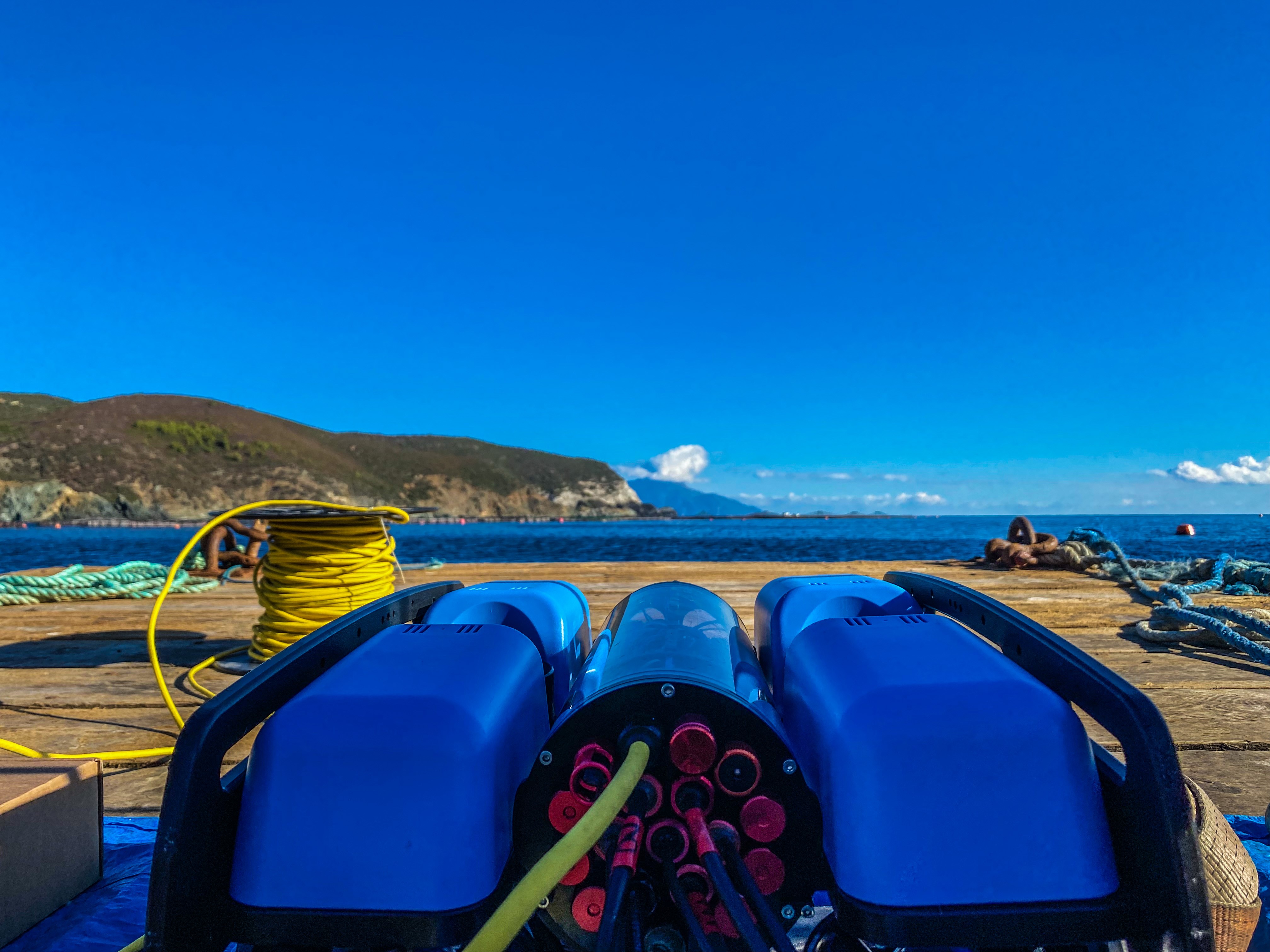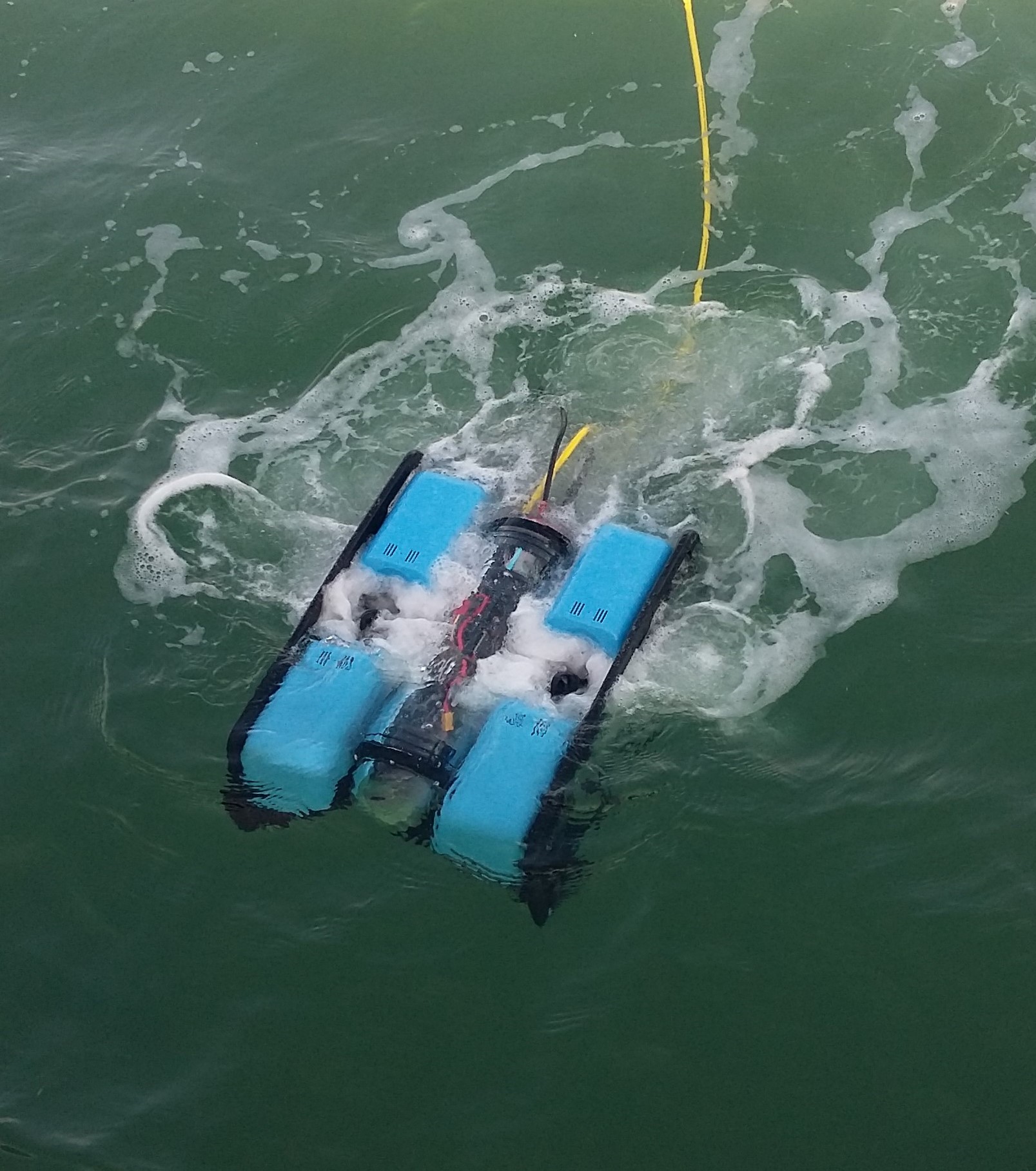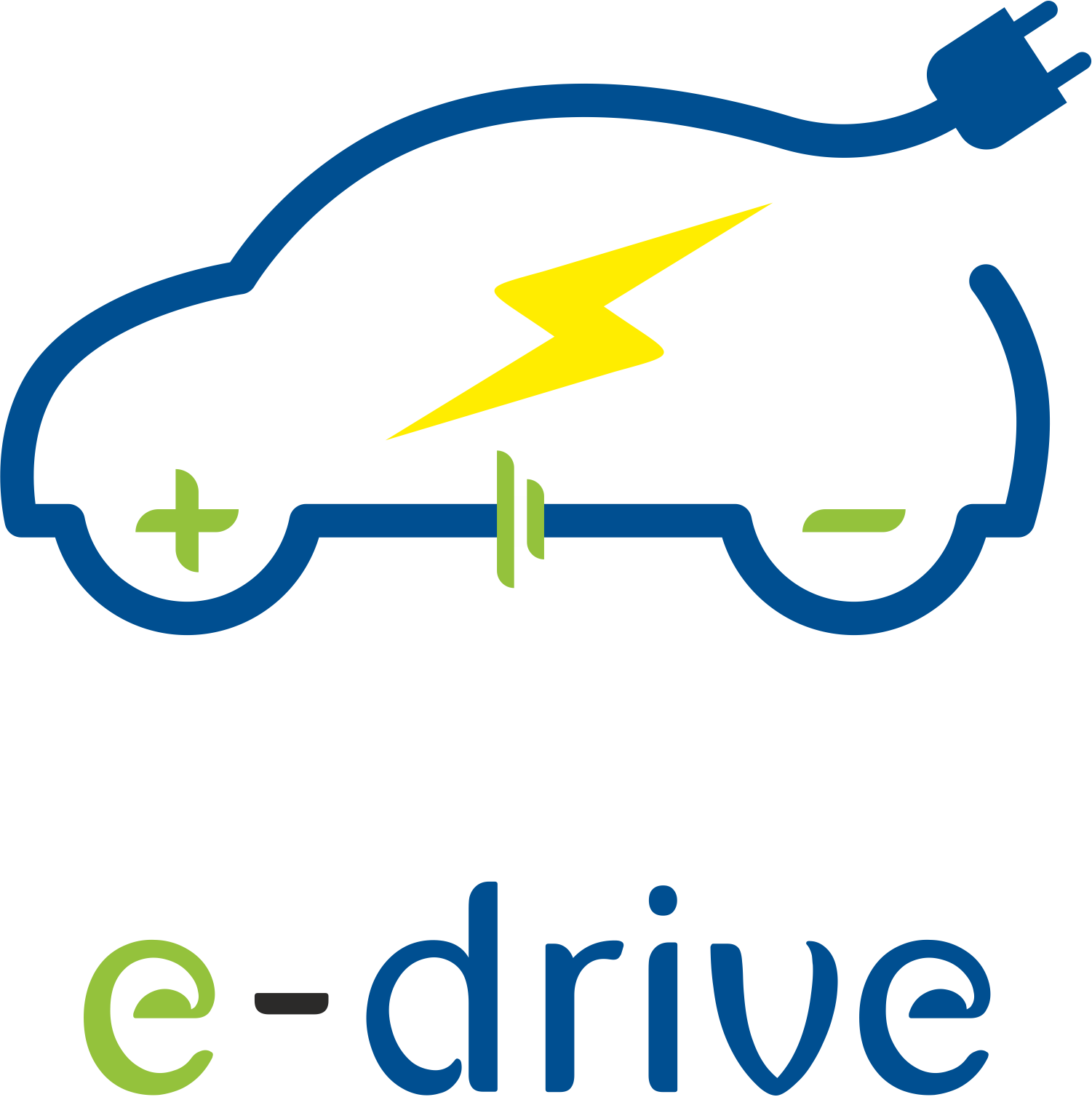 E-DRIVE TOUR
E-DRIVE TOUR
Available courses
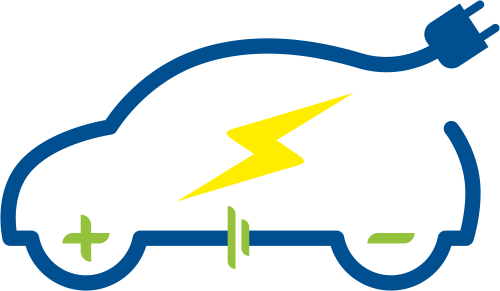
GUEST USER ACCESS
Free access to all courses is provided via the account:
Username: guestuser
Password: Guest_User2022

1st Mobility Period - Thessaloniki
In this section you can find all the information you will need regarding your stay in Thessaloniki, during the 1st Mobility Period of EDRIVETOUR.

2nd Mobility Period - Radom
In this section you can find all the information you will need regarding your stay in Radom, during the 2nd Mobility Period of EDRIVETOUR.
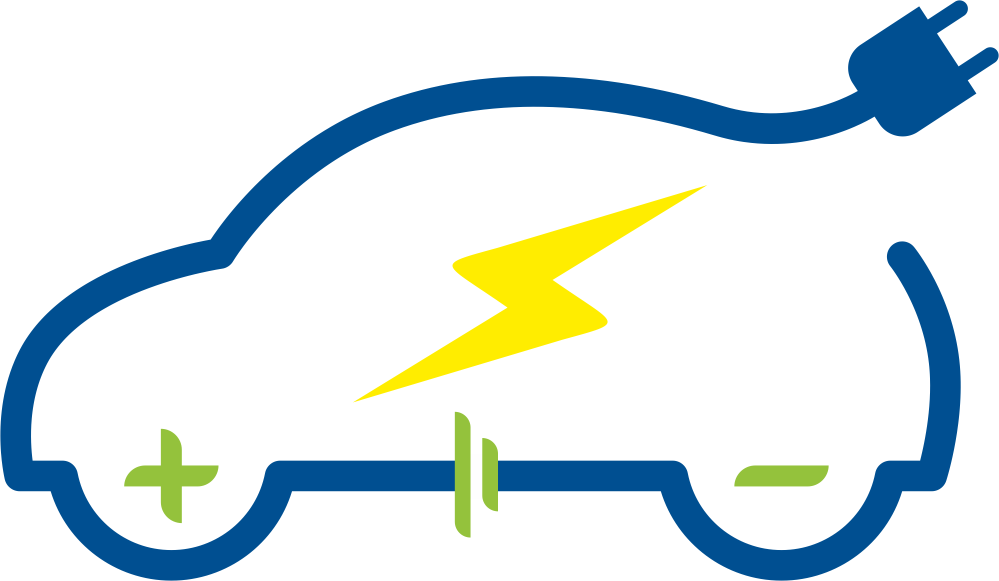
EDRIVETOUR Teachers' Contact Information
In this section you can find each EDRIVETOUR teacher's contact information
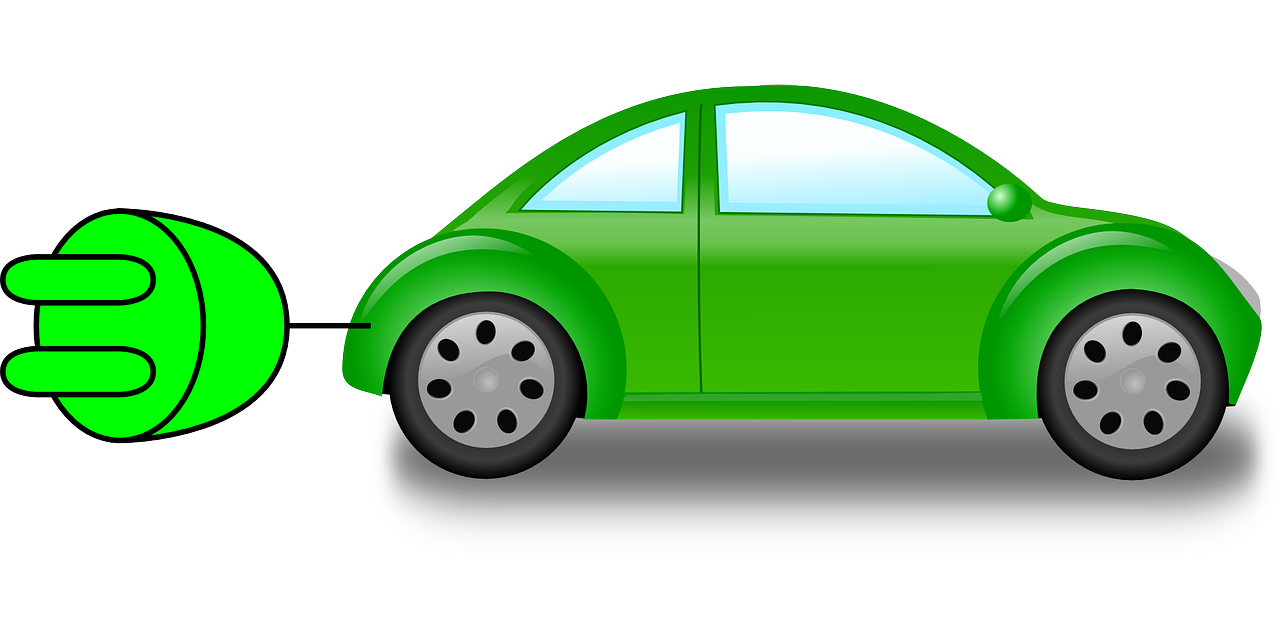
TS1.1 Introduction to Vehicle Electrification
Teaching hours: 3 (Lectures: 3h, Lab: -)
This course is an introduction to Vehicle Electrification, covering general information about architectures of all possible vehicles with electric powertrain such as the Battery Electric Vehicles (BEVs), Hybrid Electric Vehicles (HEVs), Fuel Cell Electric Vehicles (FCEVs), Solar Cell Electric Vehicles etc. The course explains the functionality of EVs, including the basics on energy storage as well as the technologies applied for charging them, the various cases of propulsion system and basic accessories. Emphasis will be given to the basic electric powertrain structural components for vehicle operations. The participants will also get a brief glance on future EV market, technological & market trends such as autonomous EVs.
TS1.2 NI LabVIEW Training
Teaching hours: 22 (Lectures: 6h, Lab: 16h)
The LabVIEW Training course is an introduction to National Instruments’ LabVIEW graphical programming language for data acquisition and control. Topics covered include creating, editing, and executing programs using the LabVIEW interface. The course will set for the participants the bases for programming and utilizing practical data acquisition structures as well as sensor control circuits. The practical idea of real time processing, essential for surveying systems, will be introduced and the necessary knowledge in order to understand the demonstrator phase of the course will be provided. Successful attendance of the course will also lead to an appropriate certification by National Instruments.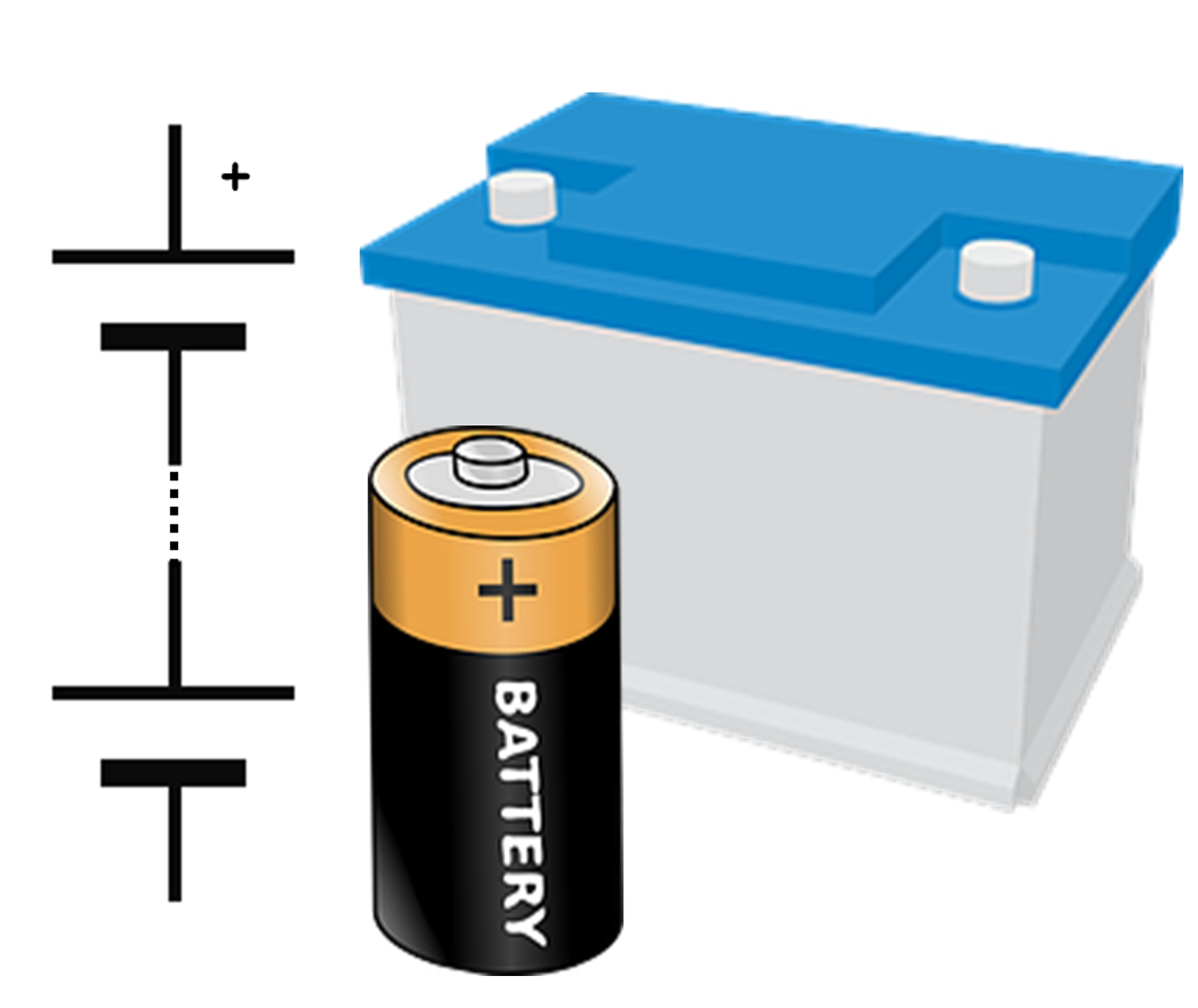
TS1.3 Automotive Energy Sources
Teaching hours: 16 (Lectures: 12h, Lab: 4h)
The fundamentals of energy sources for vehicles in general and electric vehicles specifically are presented. The course covers battery technology as the basic energy source of electric vehicles from its constructional point of view. Battery chemistry fundamentals of most common types of batteries for electric vehicles (Li-Ion, LiFePO4, LiFeYPO4, NiMH, even Lead Acid ones) including their main characteristics are analyzed. Energy sources attaining a lot of attention and great importance lately, such as ultracapacitors, high speed flywheels and solar panels and systems will be significant part of the course. The course will also address topics such as chemical energy storage in fuels, hydrogen fuel cells, and the sustainability of advanced energy storage systems. Battery modeling will be a more advanced part of the course. System integration aspects into an EV will also be covered.
TS1.4 Lightweight Materials
Teaching hours: 10 (Lectures: 6h, Lab: 4h)
The course will touch the industrial trend of
using lightweight materials, emphasizing in the weight reduction of vehicle
mass. Carbon-fiber reinforced polymers (CFRP) for the electric vehicle frame,
panels and pressurized gas tanks are technologies that will be presented in the
course. Topics on the specific materials used for vehicle mass reduction, their
properties, manufacturing techniques and handling, as well as comparison with
corresponding properties of more conventional materials will be covered.
Contents of the course are:
- Classification of Materials
- Structure, Properties & Performance
- Elasticity and Plasticity Theory
- Materials Imperfections
- Fracture Mechanics Basics
- Fatigue Strength & Lifetime Curves
- Light Alloys
- Plastics
- Composite Materials
- Examples & Applications
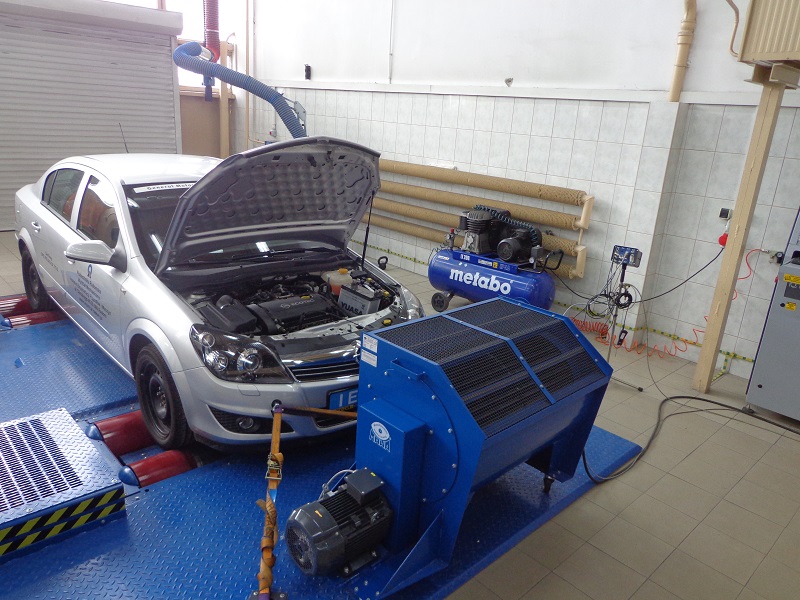
TS1.5 Introduction to Vehicle Dynamics
Teaching hours: 6 (Lectures: 6h, Lab: -)
The basics of vehicle dynamics will
be taught in the course. In particular below presented topics will be
disscussed as an essential knowledge for determining the traction power of a
vehicle:
- Fundamentals of vehicle movement.
- Vehicle resistances including rolling, aerodynamic and grading.
- Pneumatic tyre identification.
- Dynamics of linear motion. Vehicles performance, maximum speed, gradeability, acceleration and deceleration.
- Dynamics of lateral motion. Vehicles behaviour during cornering (oversteering, understeering, Ackerman angle).

TS1.6 Data Acquisition and EV Sensors
Teaching hours: 10 (Lectures: 6h, Lab: 4h)
This topic focuses on data acquisition circuits and systems, an essential part of control networks. Electric Vehicle sensors, such as current sensors, encoders and resolvers, and modern sensoring systems are analyzed together with their connectivity with electronic control units (ECUs) that support the control network. An appropriately designed laboratory session by means of NI control systems and NI LabVIEW graphical interface will complete the course. Moreover, this course provides the basics for the understanding of “NI LabVIEW Training” course.
TS1.7 EV Production Management
Teaching hours: 9 (Lectures: 9h, Lab: -)
MARKET ANALYSIS. Concept of market
segmentation. Customer segments and niches marketing. Analysis of an EV market
segmentation – who is the most likely to buy EVs. Peculiarity of an automotive
market. Micromobility and other new market concepts that EVs are fitting in.
Statistics concerning global and European EVs market. Sample marketing strategies and activities taken by EV manufacturers. EVs infrastructure and services market: chargers, charging services, vehicle monitoring services, business concepts of sharing /renting your own vehicle.
FUNDAMENTALS OF MANAGEMENT. Concept of management. Management functions:
planning, organizing, motivating, controlling. Levels of management
(operational, tactical, strategic). Putting strategy into practice - business
plan, its structure and content. Planning and defining an EV product. Product
quality. Marketing strategies. SWOT analysis. CBA analysis, WTP, WTH.

TS1.8 Electric Motors & Motor Drives for Evs
Teaching hours: 16 (Lectures: 12h, Lab: 4h)
The course aims to introduce to students the basics of motor types and their drive systems for EVs. Basic construction and operation characteristics will be elaborated. The course will first introduce the students to the principles of electromechanical energy conversion (electromagnetism, calculation of torque and power). The most common motor types will be presented starting from DC and AC induction motors, followed by brushless and permanent magnet machines. Motor operation characteristics will be presented and discussed such as torque and power curves and motor electrical equivalent circuits used for calculations. The students will then be introduced to power electronic circuits and systems, such as basic AC/DC, DC/DC and DC/AC converter topologies. This will be followed by the elaboration of drives systems, i. the control of machines (torque and speed) with power converters. The course will also elaborate on integration concepts on-board a vehicle (eg single machine, wheel motors).
TS1.9 Autonomous Vehicles
Teaching hours: 15 (Lectures: 9h, Lab: 6h)
The first part of the lecture covers an Introduction to (i) the use autonomous vehicles in indoor and outdoor environments along with state-of-the-art hardware and software technologies, (ii) the basic concepts of autonomous driving (perception, localization, mapping, navigation, local and global path planning), and (iii) real world applications.The second part analyzes the basic mechanisms of path planning algorithms namely Grassfire, Dijkstra, A Star, D Lite in order to accomplish a point-to-point movement in graphs and grids. A high-level description of the algorithms is provided (pseudo code) along with an introduction to the python programming language in order to develop computer programs.
The third part introduces the use of the Robot Operating System-ROS (ROS Basics, Simultaneous Localization and Mapping -SLAM and Navigation in indoor and outdoor environments) in autonomous vehicles’ applications. ROS will be used for discussing and implementing (i) a publish-subscribe method to control a robot at a simulation environment, (ii) an application for controlling a real-world robotic vehicle.
TS1.10 EV Business Administration and Automotive Marketing
Teaching hours: 15 (Lectures: 15h, Lab: -)
FUNDAMENTALS OF MANAGEMENT AND ITS FUNCTIONS
- Concept of management. Management functions: planning, organizing, motivating, controlling. Levels of management (operational, tactical, strategic).
- Setting organizational goals. Techniques of organizing assets. Theories of motivating staff. Role and types of control.
- Functions of the executive. Managerial skills. Managerial roles. Peculiarity of managing in automotive industry.
- Putting strategy into practice - business plan, its structure and content.
FUNDAMENTALS OF MARKETING, ITS STRATEGIES AND INSTRUMENTS
- Concept and evolution of marketing. Marketing orientation of a company. Defining marketing.
- Marketing instruments - 4Ps (product, promotion, price, place).
- Concept of a product. Planning and defining products. Product lifecycle. Planning an EV product. Product quality. Discussing 4Ps for an EV product. EV as an innovative product.
- Marketing strategies. SWOT analysis. Strategic chances analysis. Strategies of product implement.

TS1.11 Language Lessons - Greek
Teaching hours: 6 (Lectures: 6h, Lab: -)
According to the Common Framework of Reference for Languages, adult participants in this course will acquire the basic skills of Greek (understanding and using oral and written discourse) as well as its socio-linguistic features so as to be able to respond in simple communication situations. In particular, they will focus on issues related to their personal and everyday life (identity, accommodation, simple communication in their social relationships, nutrition, education, transportation and travel). In order to promote interculturalism, during the course will present the main parts of the history of Greek culture and will be presented and visits to museums and cultural sights of the city of Thessaloniki (e.g. Byzantine Museum of Thessaloniki, Castles etc.) will be carried out.
TS1.12 Intermediate Project 1
Intermediate Project 1 is mentioned in time slot 1 of the overall educational procedure; however it will concern the participating students right after the end of the courses of time slot 1. Particularly, the students will be divided in international groups and will have the obligation to deal with a subject related to the courses of time slot 1, appropriately selected by all teachers. A tutor will be assigned to each group of students in order to assist them complete their project. The project will require the utilization of the NI products in order to produce a scaled automotive control system based on the NI LabVIEW software, for example, a replica autonomous EV, transferring goods from one place to another through a specific pathway. A descriptive manuscript, a possible experimental structure and a small presentation will be the deliverables of each project group. Each intermediate project will have to be delivered by the beginning of the courses of time slot 2.

TS2.1 EV System Modelling and Simulation
Teaching hours: 15 (Lectures: 6h, Lab: 9h)
The
first part of the course covers preliminary issues such as dynamic modeling in
engineering applications, the use of differential equations in dynamic models,
mathematical description of models in the field of time and frequency,
non-linear models and their linearization. The second part will discuss the
example of a dynamic model, its implementation in a computer program,
simulation and discussion of simulation results.

TS2.2 EV Energy Storage Systems
Teaching hours: 12 (Lectures: 6h, Lab: 6h)
Complete electric vehicle energy storage system comprised of sources accordingly mentioned in course TS1.3 “Automotive Energy Sources”, like accumulators, ultracapacitors and fuel cells form the subject of the course. The fundamental characteristics of accumulators and ultracapacitors as well as their basic parameters like voltage, capacity, state of charge, state of health, specific power etc are analyzed and case studies are mentioned. Special discussion is made on battery management systems, power management of the complete energy storage system and DC/DC and DC/AC converters.
TS2.3 EV Charging Systems
Teaching hours: 30 (Lectures: 24h, Lab: 6h)
The course is closely connected with the energy storage system one. It deals with the characteristics of the most popular electric vehicle charging systems. Technologies found in private and public charging stations, normal and fast chargers are analyzed. Charging time, charging capacity and of course charging cost are among the addressed subjects of the course. Installation demands and policies are further discussed. The course will also involve experiments performed on real world charging infrastructures.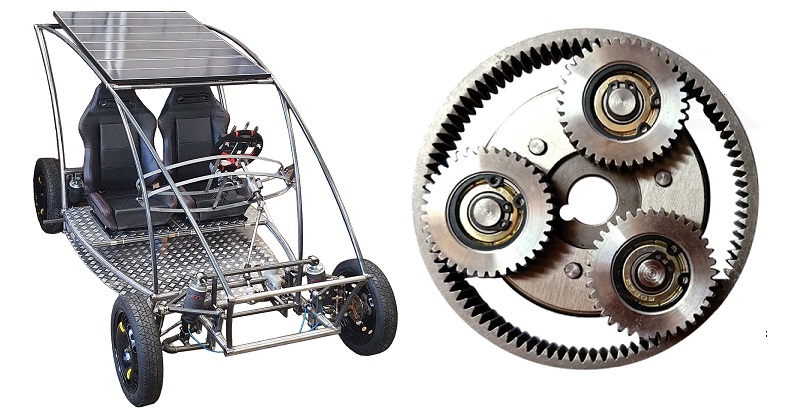
TS2.4 Mechanical Drivetrains for EVs
Teaching hours: 13 (Lectures: 9h, Lab: 4h)
The course on
mechanical drivetrain for electric vehicles (EVs) is focused on the below
listed topics:
- Introduction to drivetrains&powertrains to electric (EV) and hybrid vehicles (HEV).
- The mechanical drivetrain structure elements and architectures of HEV and EV.
- Drivetrains of electric bikes.
- Gear boxes used in selected EVs.
- Fundamental calculations of drivetrains used in EVs.
- Internal Combustion Engines for Hybrid Electric Vehicles.
- Range extenders for electric vehicles.
- Laboratory testing of vehicles drivetrains.

TS2.5 Control System Development
Teaching hours: 15 (Lectures: 9h, Lab: 6h)
The course aims to introduce to students the basics of control systems used for EVs operation. It will mainly cover motor control schemes (speed and torque) for basic electric machines used in EVS. First the students will be introduced to the fundamentals of motor control also presenting relevant models. Then various control strategies (e.g. FOC, DTC etc) will be elaborated. Students will also be introduced to principles of sensorless techniques. Non linear control concepts (e.g. fuzzy logic) will also be presented.
TS2.6 EV Public Policies
Teaching hours: 6 (Lectures: 6h, Lab: -)
The course focuses on the specific reasons that prevent electric vehicles from wide spreading and the policies implemented worldwide in order to overcome this problem. A significant part of the course is the legislation around the EU regarding the purchase, use, charging and disposal of EVs. In this frame, innovation policies, implemented by either the state or private domain in order to promote EV production, EV research and development, development of EV infrastructure and finally EV consumption will be explored.
TS2.7 EVs and Smart Gridding
Teaching hours: 6 (Lectures: 6h, Lab: -)
The course will provide the students with knowledge regarding the current trends in power supply and charging of electric vehicles. EVs will no longer be encountered as standalone equipment requiring charging but as entities of an entire charging network that must cooperate with other entities in order to serve their own power supply requirements but also respect and serve the characteristics of the entire network. Theoretical techniques and algorithms, together with significant case studies will also be presented.
TS2.8 EV On Board Diagnostics, Troubleshooting & Maintenance
Teaching hours: 9 (Lectures: 6h, Lab: 3h)
The course will be a mixture of
theoretical knowledge and practical implementation, as it will provide the
students insight to the world of on board diagnostics (OBD) for EVs and HEVs
and troubleshooting. OBD is a universally implemented methodology by all
automotive manufacturers to find, locate and repair a fault in a vehicle. The
students will meet the most important diagnostic tools in an automotive store.
The theoretical part of the course will also include guidelines on EV
maintenance, specifically on the EV battery pack. Significant part of the
course is the corresponding laboratory session.

TS2.9 Life Cycle Assessment of EVs
Teaching hours: 5 (Lectures: 3h, Lab: 2h)
The course is an introduction to the theory of life-cycle assessment (LCA) of electric vehicles. The students will get acquainted with the environmental impact of electric vehicles taking into account the manufacturing, use and end-of-life phases of the vehicles, as well as the energy used. Special software packages will be used in order to calculate the LCA of electric vehicles, having as main tool the well-to-wheel analysis, which measures the overall emissions from the production of electricity to the wheels of the vehicle.
TS2.10 Sustainable Transportation
Teaching hours: 3 (Lectures: 3h, Lab: -)
The
assumptions of sustainable transport are discussed during the lecture:
- Control of emissions of harmful compounds present in exhaust gases and -in the long term- transition from means of the transport based on fossil fuels to vehicles using renewable energy.
- Reducing the scale of destruction of urban space as a result of the dominance of individual road transport.
- Development and promotion of bicycle communication and public transport, promotion of walking and group travel, construction of carshare systems.
- Reduction of emissions and waste, consumption of renewable resources in quantities that can be reproduced, consumption of non-renewable resources in quantities that can be replaced by renewable substitutes.

TS2.11 Language Lessons - Polish
Teaching hours: 6 (Lectures: 6h, Lab: -)
The course on
language lessons (Polish) is focused on the below listed topics:
- Basic knowledge concerning the Polish alphabet.
- Greetings and farewells.
- Transportation in Poland. Phrases needed at the bus or train station.
- Introducing oneself – name, nationality and hobby.
- Numbers, days of the week, months, telling the time.
- Giving and asking about contact details such as emails, address and telephone number.
- Useful Polish phrases to use in a restaurant (Polish traditional dishes and drinks).

TS2.12 Intermediate Project 2
Intermediate Project 2 will play a similar role in the educational procedure as Intermediate Project 1, link Time Slot 1 courses with Time Slot 2 ones. The students will have to develop simple Augmented Reality (AR) code based on the NI products provided by the partner institutions. The AR code will be used by the Developing Tool Demonstration course. The code will be simple enough as developing blank geometrical drawings in the AR space. Similarly with Intermediate Project 1, a tutor will be assigned to each group of students in order to assist them complete their project. A descriptive manuscript, the AR code and a small presentation will be the deliverables of each project group. Each intermediate project will have to be delivered by the beginning of the practical experience period.

